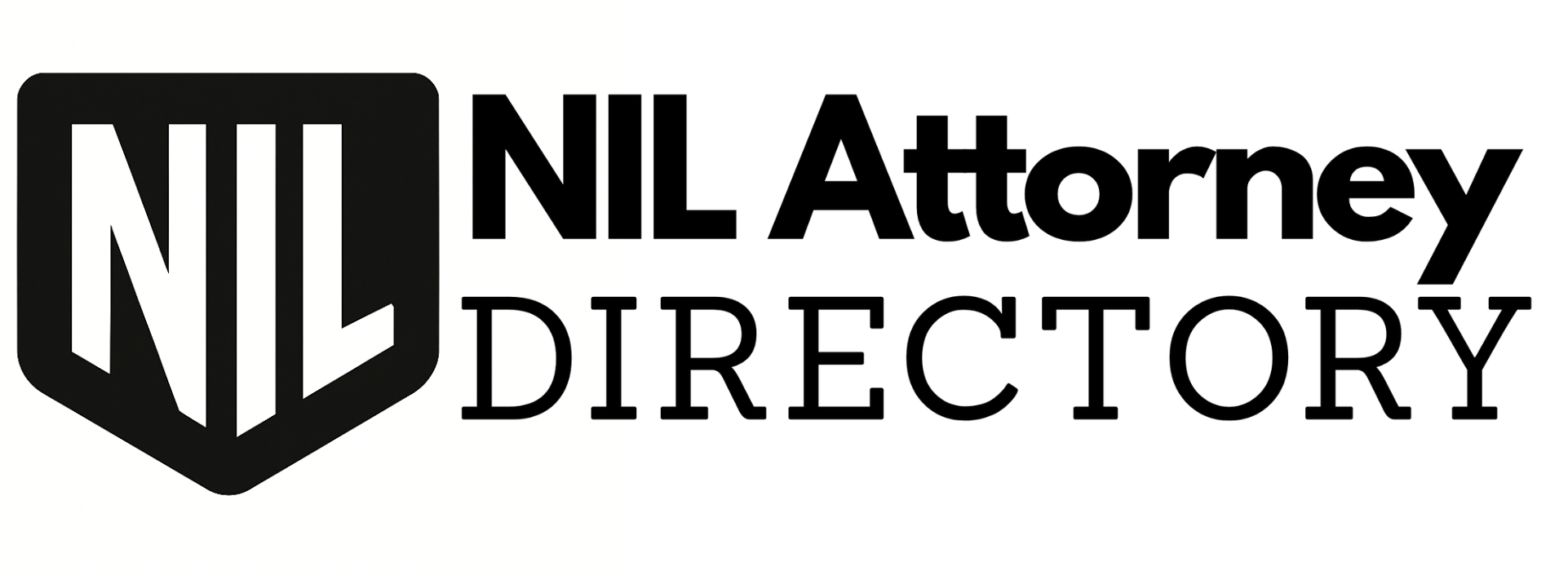Common NIL Scams and How Attorneys Protect Athletes
Staying Safe from Bad Actors
The rise of Name, Image, and Likeness (NIL) has created exciting opportunities for student-athletes. From local businesses offering free meals to national brands proposing endorsement deals, the chance to earn money while competing has never been greater. Unfortunately, the boom in NIL has also attracted bad actors—scammers and opportunists who prey on young athletes’ inexperience.
Protecting yourself starts with awareness. Here are the most common NIL scams athletes encounter—and how attorneys help safeguard against them.
Fake Endorsement Deals
One of the most common scams involves fraudulent companies offering lucrative “sponsorships” in exchange for quick signatures or upfront payments. These contracts often:
- Promise unrealistic pay for minimal work.
- Require athletes to pay money upfront for “registration” or “marketing costs.”
- Use vague business names with no track record.
How attorneys help: They investigate companies, verify their legitimacy, and ensure that any deal has enforceable payment terms.
Exploitative Exclusivity Clauses
Some contracts include exclusivity agreements that look harmless but lock athletes into unfair arrangements. For example, signing a deal with a local apparel company could block you from working with any clothing or sports brand for years—even after you leave college.
How attorneys help: They narrow or remove exclusivity clauses, ensuring athletes retain freedom to pursue future opportunities.
Intellectual Property Traps
Certain deals attempt to take ownership of an athlete’s name, image, or likeness indefinitely. Once signed, the company may continue using your photos, videos, or brand long after the contract ends—without further payment.
How attorneys help: They protect intellectual property rights and ensure athletes retain control of their personal brand.
Shady “Agents” or Middlemen
Scammers often pose as agents or talent managers, promising big contracts in exchange for upfront fees. Once paid, they disappear or fail to deliver.
How attorneys help: They review agent agreements, confirm credentials, and make sure compensation is structured fairly and legally.
Social Media Scams
Student-athletes are frequent targets of fake social media promotions. A company may offer payment for posts but require athletes to hand over login information or personal data—opening the door to identity theft.
How attorneys help: They spot red flags in promotional contracts and protect athletes from giving away sensitive information.
Tax and Business Structure Scams
Some scammers pose as financial advisors, offering to “handle NIL money” but charging hidden fees or setting up unnecessary business structures.
How attorneys help: They work with legitimate tax and financial professionals to ensure athletes are protected from fraudulent financial schemes.
The Bottom Line
NIL opportunities can be life-changing, but so can NIL mistakes. Scams often succeed because athletes and families feel pressure to sign quickly or trust the wrong people. An NIL attorney acts as a safeguard—reviewing contracts, verifying partners, and blocking bad actors before they cause harm.
Every contract you sign shapes your future. Before committing, ask yourself: Do I fully understand who I’m working with and what I’m agreeing to? If not, an attorney can give you the protection and peace of mind you need.


